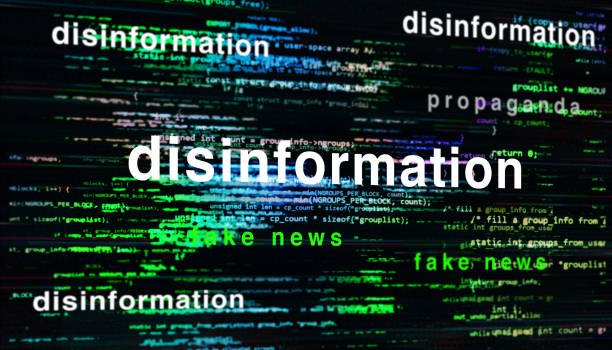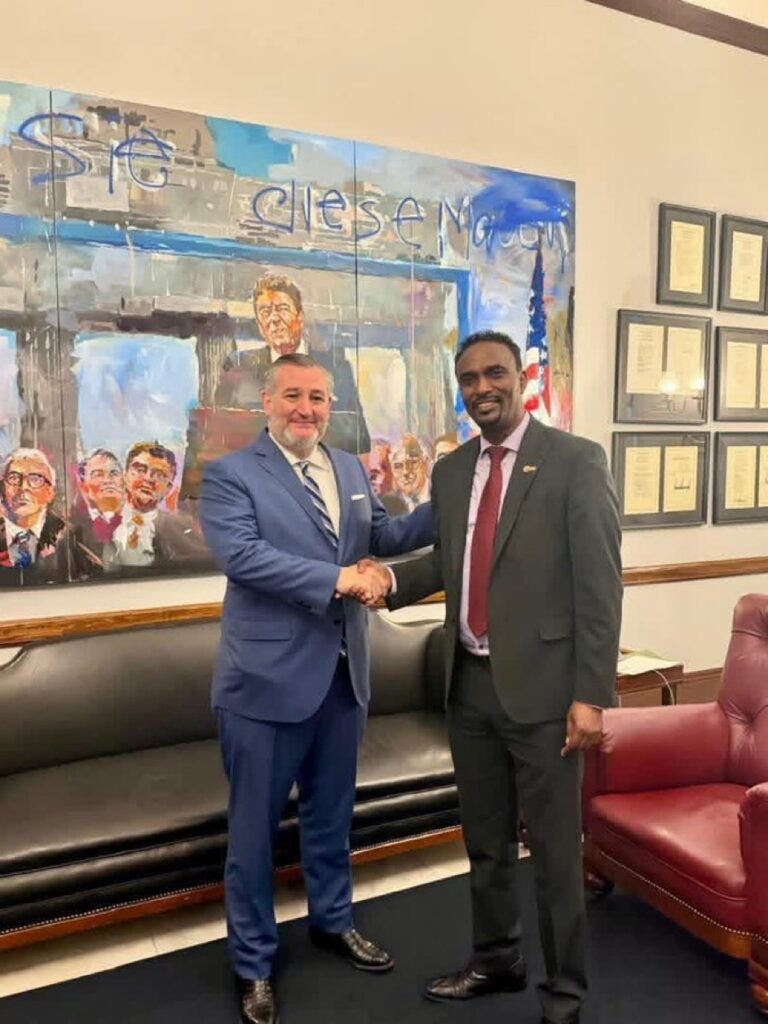By Prof. Nassir Hussein Kahin, Executive Managing Editor
The recent U.S. aggression by Donald Trump unilaterally attacking and bombing Iran’s nuclear sites and civilian infrastructure without congressional approval as specified in U.S. Constitution raises a critical geopolitical dilemma for Somaliland’s leadership: balancing strategic recognition and security guarantees from a global superpower (the U.S.) versus pursuing regional legitimacy through recognition by Ethiopia — a close neighbor with both shared interests and deep-rooted ambitions. Could the U.S./Israeli Bombing of Iran Backfire on Somaliland?
Yes, there are risks:
1. Berbera as a Target:
If the U.S. establishes a formal military base or exclusive strategic presence in Berbera, Iran and its regional proxies (like the Houthis in Yemen) could view Somaliland as part of the Western military architecture. This could lead to:
• Missile threats or drone attacks from the Red Sea axis.
• Cyber warfare or destabilization attempts.
• Labeling Somaliland as a “U.S. satellite” in propaganda wars.
2. Somaliland’s Exposure:
Somaliland, which has so far avoided entanglement in global conflicts, could find itself a frontline state in a broader U.S.–Iran confrontation, especially if tensions continue to escalate.
Is Ethiopia a Safer Path?
Potentially — but not without complications:
• Ethiopia’s recognition would carry historic weight as the first African country to break the AU taboo, and could open the door for others to follow.
• However, Ethiopia has strategic ambitions — particularly sea access — which could turn their support into a leverage tool against Somaliland.
• Also, Ethiopia’s own regional relations (with Egypt, Somalia, and Eritrea) are tense; aligning too closely with Ethiopia could alienate other neighbors or draw Somaliland into Ethiopia’s own conflicts.
Strategic Trade-Off
• The U.S. offers global legitimacy, economic aid, and deterrence.
• Ethiopia offers regional precedent and neighborly validation.
• The ideal option is to maintain strong strategic dialogue with both, but avoid making Somaliland the frontline for regional and global rivalries.




